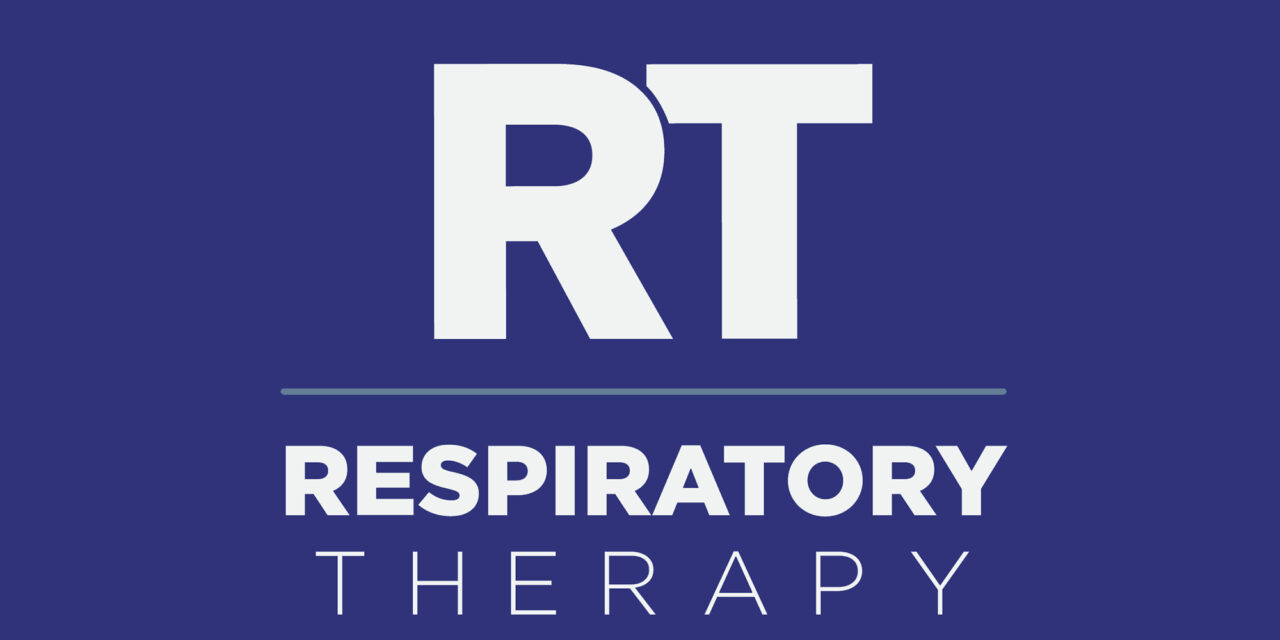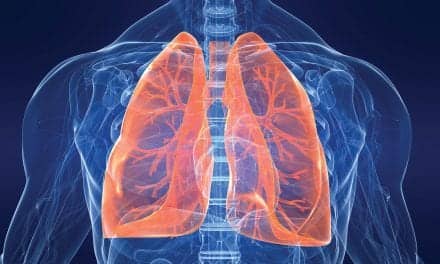Articles should be emailed to:
Mike Fratantoro, Chief Editor
RT: For Decision Makers in Respiratory Care
[email protected] / [email protected]
(424) 235-8045
Author Guidelines for RT for Decision Makers in Respiratory Care
- Article should be 1,800-2,000 words in length. Send article as a Microsoft Word document attachment. Do not format article with italics, bold type, tabs, or center alignments. Do not format with auto endnotes or footnotes.
- Include brief biography including first and last name, degrees, position, name and location of facility at which you are employed.
- Articles should inform readers, not advertise particular services or products. Do not mention company or brand names. Use generic references to any products, services, or procedures. For example, use “tissue,” rather than “Kleenex.”
- Articles should be specific to educating respiratory care practitioners and somewhat clinical in nature. Case studies, research, and other references must be included.
- Photos, graphs, and tables should accompany articles if relevant, and can be sent as photos, slides, or digital images (300 dpi resolution in a condensed format (ie, TIF or JPG). Polaroids or negatives will not be accepted.
- Utilize the American Medical Association (AMA) Manual of Style as the style guide.
- References should be numbered and cited at the end of the article and must include certain minimum data:Journals: Author(s). Article title. Journal Name. Year;volume:inclusive page numbers.
Books: Author(s). Book Title. Place of publication: publisher; year:inclusive pages.Journal example:- Smith JC, Doe AP. Spine conditions in the pediatric patient. JACA. 2001:49;145-256.
Book example:
- Smith JC, Doe AP. Spine Conditions in the Pediatric Patient. 2nd ed. Berkeley, Calif: MWC Publishing; 2001:145-256.
Please refer to the AMA Manual of Style for more information.
- All print and electronic rights (ie Web sites) of published articles become property of RT and cannot be reprinted without written consent.
- Plagiarism, as defined by the American Medical Association “is the appropriation of another person’s ideas, processes, results, or words without giving appropriate credit.”* Plagiarism is serious scientific misconduct and possibly actionable copyright violation. Cite all sources when borrowing ideas or words. It does not matter how much, or how little, information is borrowed, you must cite the source.* Source: AMA Manual of Style, 10th ed. Oxford University Press: New York; 2007:156-8.If you are unsure about what is and is not plagiarism, please read the information at the following link: http://www.plagiarism.org/learning_center/plagiarism_faq.html


![[White Paper] Assessment of Lung Recruitability and Performance of Recruitment Maneuvers Using the P/V Tool Pro](https://respiratory-therapy.com/wp-content/themes/Extra/images/post-format-thumb-text.svg)







